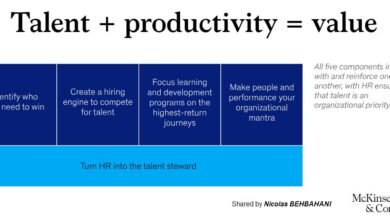
Source | www.ndtv.com | Aunindyo Chakravarty
If you had invested all your savings in the stock market at the end of March last year, by now, you would have almost doubled your money. But in the same period, India’s GDP in today’s prices would have slid by at least 9-10 percent. Anyone who looks at this divergence will say that the markets have completely ‘decoupled’ from the economy.
Conventional wisdom tells us that this is a sign of a massive bubble building up and it is bound to burst at some point. After all, if the economy shrinks, so will demand. And if there’s no demand, companies will not be able to sell goods or services. Prices will slide and revenues drop. Companies will have to sell their stocks at discounts and, in the process, end up losing money.
That is a bright red flag for stock market investors. In fact, every market guru will tell you that you should invest in businesses that are likely to expand and make good profits in the future. So a recession should make investors take their money out, instead of flooding it into the bourses. So why has the exact opposite happened? Are investors really so naïve or reckless?
To understand the reason, we need to move away from textbook Economics 101 to a more heterodox view of how modern economies work. Think of a simplified economy where everything is produced in factories. Whatever is earned is split between those who own these factories and those who are paid to work in them. Let’s assume that in Year One, the economy generated ₹ 100 in income. Out of this Rs 60 went to business-owners and the remaining Rs 40 to their employees. In other words, profits made up 60 percent of national income, and wages accounted for 40 percent.






